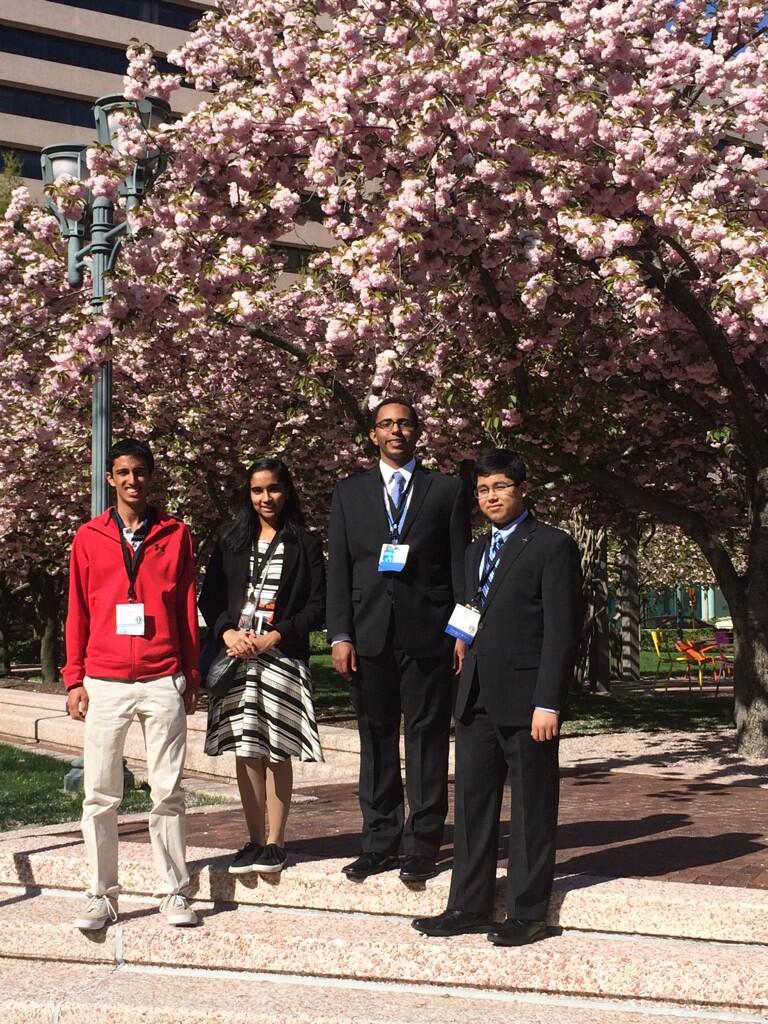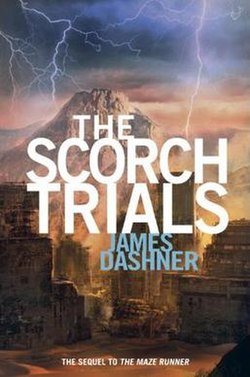It's surprising how many people have this idea that we have invented everything worth inventing. They somehow buy into this concept that we basically know everything about everything and it isn't worth knowing anything more. Well, this competition really opened my eves toward how little we actually understand about the universe, and how much work still has to be done to help some of the poorest people in the world. In my book, Brave New World, the modernized world has completely ignored this part of the population, leaving them to live like the year is 1000 B.C., themselves living in a fake life in which they constantly give themselves a false sense of pleasure. You probably didn't see that connection coming.
Luckily, not everyone in the book is completely satisfied with this seemingly perfect life. Bernard Marx, one of the main characters, suddenly decides he wants to visit the "savage reservation" to see how they live. In this village, people become old, they get hurt, and have true feelings. They have children who are not part of a grand science experiment, and have no need for drugs to keep them afloat. When he sees this situation, he remarks that "I agree in the Savage in finding civilized humanity too easy, or as he put it, not expensive enough" (Huxley 159).
Unfortunately for Bernard, the government is taking notice. And knowing these kinds of books, I predict that by the end of the book, he will either be dead, brainwashed, or in a forced labor camp.
So far, this book has turned out to be interesting, but the characters just seem too underdeveloped. It's hard to really say who the main characters are until about half the book is over, and even these characters lack anything that makes you feel a connection towards them.


